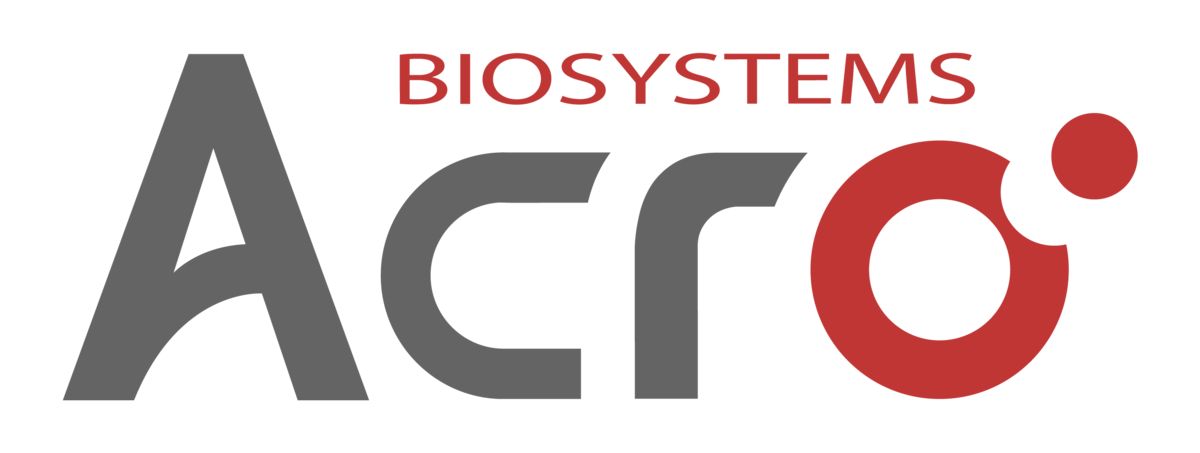Chimeric antigen receptor (CAR) T cell therapy has been successfully used for treating blood cancers, including B cell non-Hodgkin lymphoma. To improve the efficacy of existing CAR T cell therapies, as well as extend the reach of CAR T cell therapy to other types of cancers, high-quality research tools are essential.
What is CAR T cell therapy?
CAR T cell therapy is a form of immunotherapy that harnesses T cell mediated cytotoxicity to selectively destroy tumor cells. It begins with isolating T cells from the blood of a cancer patient (autologous T cells) or healthy donor (allogeneic T cells), which are then engineered to express a CAR at the cell surface. This involves using a viral vector, usually a γ-retrovirus or lentivirus, to insert the CAR sequence into the T cell genome. Following in vitro expansion, the CAR T cells are infused back into the patient where they target cancer cells for destruction by the immune system.
Figure 1: CAR T-Cell Therapy Infographic
CAR T-cell therapy is a type of treatment in which a patient’s T cells are genetically engineered in the laboratory so they will bind to specific proteins (antigens) on cancer cells and kill them. (1) A patient’s T cells are removed from their blood. Then (2) the gene for a special receptor called a chimeric antigen receptor (CAR) is inserted into the T cells in the laboratory. The gene encodes the engineered CAR protein that is expressed on the surface of the patient’s T cells, creating a CAR T cell. (3) Millions of CAR T cells are grown in the laboratory. (4) They are then given to the patient by intravenous infusion. (5) The CAR T cells bind to antigens on the cancer cells and kill them.
Source: 1. cancer.gov
What is a CAR and how does it work?
A CAR is a synthetic receptor that serves to both direct T cells to specific target cells and effect their destruction. Each CAR has four main parts, the first of which is an extracellular antigen-binding domain, derived from a tumor-specific antibody single chain variable fragment (scFv), which facilitates target recognition. This is connected to a hinge, which provides the flexibility and additional length necessary for the antigen-binding domain to access its epitope. Next, a transmembrane domain derived from CD3, CD4, CD8, or CD28 anchors the CAR to the T cell. Finally, an intracellular signaling domain functions to promote T cell activation, resulting in target cell death.
How is a CAR different from a normal T cell receptor?
Normal T cell receptors (TCRs) have a complex structure, typically comprising a heterodimer of highly variable α and β chains in combination with multiple invariant CD3 chain molecules. Like CARs, TCRs have an extracellular domain that is involved in antigen recognition and an intracellular domain that effects T cell activation. However, an important difference between CARs and TCRs is that CARs can recognize their antigen without it being presented by a major histocompatibility complex (MHC). This allows CARs to bind any target for which there is an available antibody and also circumvents a common tumor survival mechanism – downregulation of MHC class I expression.
What CAR T cell therapies are currently available?
To date, six CAR T cell therapies have been approved by the US Food and Drug Administration (FDA), all of which target blood cancers. The first of these, Kymriah® and Yescarta®, received FDA approval in 2017 for treating acute lymphoblastic leukemia (ALL) and relapsed or refractory B cell non-Hodgkin lymphoma, respectively, and function by targeting the CD19 B cell antigen. They were followed by Tecartus™ and Breyanzi, which also target CD19, and Abecma and Carvykti™, which target the B cell maturation antigen (BCMA). Many other CAR T cell therapies are currently being developed.
How are CAR T cell therapy challenges being addressed?
A main challenge for CAR T cell therapy lies in overcoming the development of tumor resistance to CAR constructs. This often results from antigen escape (downregulation of the target antigen) and is being addressed through strategies that include the use of dual CARs (e.g., CARs targeting both CD19 and BCMA) or tandem CAR constructs (CARs containing two scFvs). A further difficulty arises from the fact that many potential target antigens are expressed on both normal and diseased cells, which can especially be problematic when developing CAR T cell therapies for solid tumors. Tumor-restricted post-translational modifications such as solid tumor overexpressed truncated O-glycans are thought to represent promising targets here. Other challenges for CAR T cell therapy center on improving CAR T cell proliferation and survival, which is thought to be limited by patient-specific immune deficiencies such as T cell defects; promoting CAR-T cell trafficking and tumor infiltration; and better understanding how CARs activate downstream signaling pathways.
What tools are available for CAR T cell therapy research?
A growing range of tools and technologies is being developed to support CAR T cell research. ACROBiosystems is a leader in this field, offering an extensive selection of recombinant proteins that includes difficult to express targets for CAR T cell therapy such as BCMA, CD19, ROR1, and EGFRVIII. These are complemented by various solid tumor targets (e.g., HER2, MSLN, and MUC16), in unlabeled, biotinylated, and fluorophore-labeled formats, and are supplied with detailed flow cytometry protocols for accurately detecting CAR expression.

LubioScience represents some of the most trusted brands in research and works closely with partners such as ACROBiosystems to help advance the development of CAR T cell therapies. Contact us today to learn how we can support your project.
Reagents for the evaluation of CAR expression
| Cat-No. | Item | Size | Price (CHF) |
|---|---|---|---|
| GMF-H4214-20ug | Human GM-CSF Protein, premium grade | 20 ug | 226.00 |
| BFF-H4117-50UG | Human FGF basic Protein, premium grade | 50 ug | 110.00 |
| FLL-H5218-20UG | Human Flt-3 Ligand Protein, premium grade | 20 ug | 251.00 |
| BC7-H82F0-25UG | Biotinylated Human BCMA / TNFRSF17 Protein, Fc,Avitag, premium grade | 25 ug | 286.00 |
| CD9-HF2H2-25UG | FITC-Labeled Human CD19 (20-291) Protein, His Tag | 25 ug | 363.00 |
| FM3-FY45-25TESTS | FITC-Labeled Monoclonal Anti FMC63 Antibody, Mouse IgG1 (Y45) | 25 tests | 325.00 |
| MSN-HP2H5-25TESTS | PE-Labeled Human Mesothelin / MSLN (296-580) Protein, His Tag (Site-specific conjugation) DMF Filed | 25 tests | 424.00 |
| CD9-H5259-100UG | Human CD19 (20-291) Protein, Fc Tag, low endotoxin | 100 ug | 462.00 |
| PD1-H5258-100UG | Human PD-L1 / B7-H1 Protein, Fc Tag (MALS verified) | 100 ug | 363.00 |
Supplier

ACROBiosystems
ACROBiosystems is a leading manufacturer of recombinant proteins and other critical reagents to support the development of target therapeutics, vaccines, and diagnostics.
Refrences
- cancer.gov, https://www.cancer.gov/about-cancer/treatment/research/car-t-cell-therapy-infographic
- Jayaraman, J. et al. CAR-T design: Elements and their synergistic function. EBioMedicine. 2020; 58:102931. doi: 10.1016/j.ebiom.2020.102931
- Hinrichs CS, Restifo NP. Reassessing target antigens for adoptive T-cell therapy. Nat Biotechnol. 2013 Nov;31(11):999-1008. doi: 10.1038/nbt.2725. Epub 2013 Oct 20. PMID: 24142051; PMCID: PMC4280065.
- Adapted from Locke FL, Gardner R, Neelapu SS. Test driving CARs: optimizing outcomes. Medscape. 2017 December 20. Retrieved from https://www.medscape.org/viewarticle/890215_transcript



